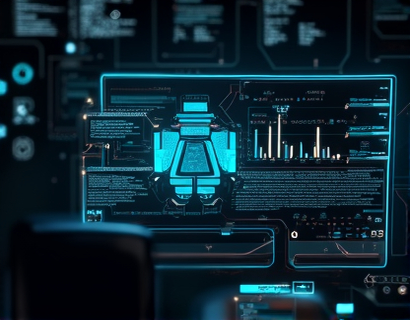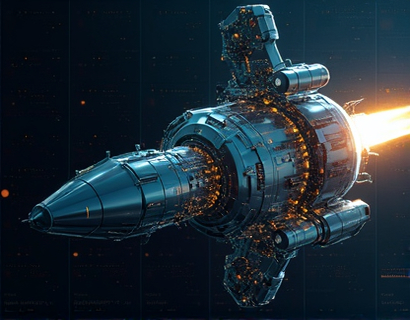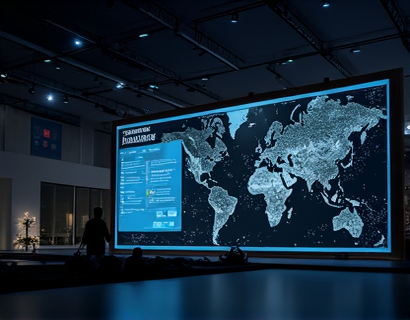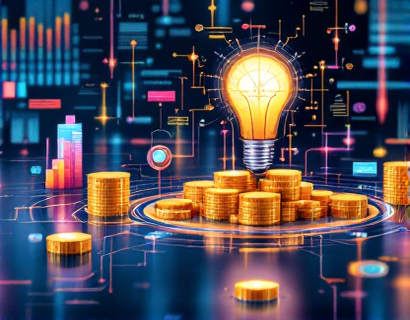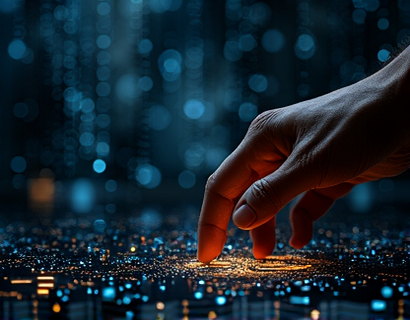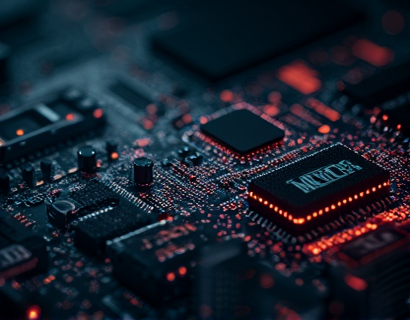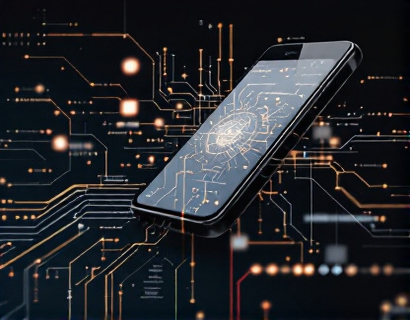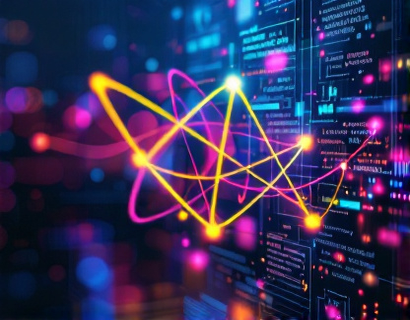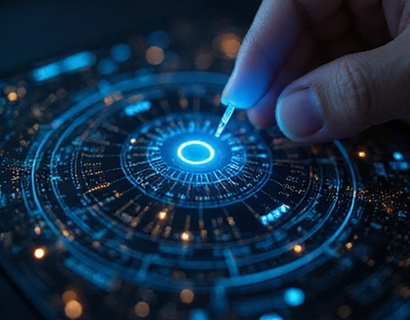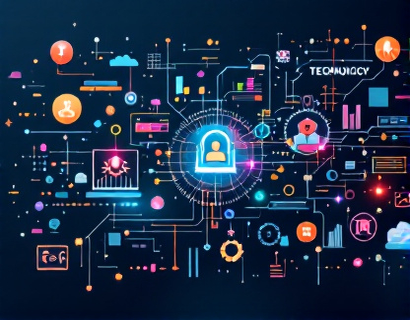Decentralized Transformation: Harnessing AI and Crypto for Advanced Digital Solutions
The intersection of artificial intelligence (AI) and cryptocurrency is giving rise to a new era of decentralized digital solutions. This transformation is not just about integrating two powerful technologies but about reimagining how we interact with digital services and applications. The fusion of AI and crypto is creating a landscape where decentralization, enhanced user experiences, and innovative applications converge to redefine the digital world.
Decentralized systems, by their very nature, distribute control and data across a network, eliminating the need for central authorities. This approach not only enhances security and transparency but also fosters innovation by allowing developers and users to collaborate without intermediary constraints. AI, on the other hand, brings intelligence and automation to these systems, enabling them to learn, adapt, and provide personalized experiences.
Enhancing User Experience through AI and Crypto
The combination of AI and crypto is particularly potent in enhancing user experience. AI-driven algorithms can analyze vast amounts of data to understand user preferences and behaviors, allowing for highly personalized interactions. In a decentralized framework, this personalization can be achieved without compromising user privacy, as data is managed and controlled by the users themselves.
For instance, decentralized applications (dApps) can use AI to offer tailored content recommendations, secure identity verification, and efficient transaction processes. The use of blockchain ensures that these interactions are transparent and tamper-proof, building trust and confidence among users. This synergy not only improves usability but also empowers users by giving them more control over their digital footprints.
Decentralized Innovation: Next-Gen Digital Transformation
The next generation of digital transformation is being driven by decentralized innovation, where AI and crypto are at the forefront. This innovation is not limited to tech enthusiasts and early adopters but is becoming a mainstream phenomenon. Businesses, organizations, and individuals are increasingly recognizing the potential of decentralized systems enhanced by AI to solve complex problems and create value.
One of the key areas where this is evident is in the development of decentralized finance (DeFi) platforms. These platforms leverage AI to optimize trading strategies, manage risks, and provide financial services without traditional intermediaries. The transparency and automation offered by blockchain, combined with AI's analytical capabilities, are revolutionizing the financial sector.
Decentralized Finance (DeFi) and AI
DeFi platforms are redefining financial services by making them accessible to anyone with an internet connection. AI plays a crucial role in enhancing these platforms by providing advanced analytics, predictive modeling, and automated trading. For example, AI algorithms can analyze market trends and suggest optimal investment strategies, helping users make informed decisions.
Moreover, AI can enhance the security of DeFi platforms by detecting and mitigating potential threats in real-time. Smart contracts, which are the backbone of DeFi, can be programmed with AI-driven logic to execute transactions based on predefined conditions, reducing the risk of fraud and errors.
Beyond Finance: AI and Crypto in Various Industries
The impact of AI and crypto extends far beyond finance. In the healthcare sector, decentralized health records managed on blockchain can be enriched with AI-driven insights for better diagnosis and treatment plans. Patient data can be securely shared among healthcare providers, ensuring continuity of care while maintaining privacy.
In the supply chain industry, AI and crypto can enhance transparency and efficiency. Blockchain provides an immutable record of transactions, while AI can optimize logistics, predict demand, and ensure compliance with regulations. This combination can significantly reduce costs and improve the overall reliability of supply chains.
AI and Crypto in the Internet of Things (IoT)
The Internet of Things (IoT) is another domain where AI and crypto are making significant strides. IoT devices generate vast amounts of data that can be analyzed using AI to derive actionable insights. For instance, smart homes can use AI to optimize energy consumption based on usage patterns, while ensuring that data is securely stored and managed on a decentralized network.
Crypto plays a vital role in IoT by providing secure and decentralized data storage and transmission. Blockchain-based IoT platforms can ensure that device communications are secure and that data integrity is maintained, reducing the risk of cyber attacks and data breaches.
Challenges and Considerations
While the potential of AI and crypto in driving decentralized digital solutions is immense, there are several challenges and considerations that need to be addressed. Scalability remains a significant issue for blockchain technology, as the current infrastructure may struggle to handle the high volume of transactions required for widespread adoption.
Another challenge is the regulatory landscape. As decentralized systems and crypto assets gain traction, governments and regulatory bodies are beginning to take notice. Navigating this evolving regulatory environment is crucial for the sustainable growth of AI and crypto-driven solutions.
Additionally, there is a need for greater user education and awareness. Many potential users are still unfamiliar with the concepts of blockchain and AI, which can hinder adoption. Providing accessible and comprehensive resources to educate users is essential for the success of these technologies.
Future Prospects
The future of decentralized digital solutions enhanced by AI and crypto is promising. As technology continues to advance, we can expect more seamless integration and innovative applications. The development of more efficient blockchain protocols, advancements in AI algorithms, and increased user adoption will drive this transformation forward.
One exciting prospect is the emergence of decentralized artificial intelligence (DAI), where AI models themselves are decentralized and run on blockchain networks. This could lead to more transparent, fair, and robust AI systems, free from the biases and control issues associated with centralized AI.
Furthermore, the convergence of AI, crypto, and other emerging technologies like 5G and quantum computing will create a powerful ecosystem that can solve complex problems and unlock new possibilities. The potential for decentralized applications in areas such as virtual reality, augmented reality, and beyond is vast and largely untapped.
Conclusion
The merging of AI and crypto is not just a technological trend but a fundamental shift in how we approach digital transformation. By leveraging the strengths of both technologies, we can create more secure, transparent, and user-centric digital solutions. As we continue to explore and innovate at this intersection, the possibilities for enhancing user experience and driving next-gen digital transformation are endless.













